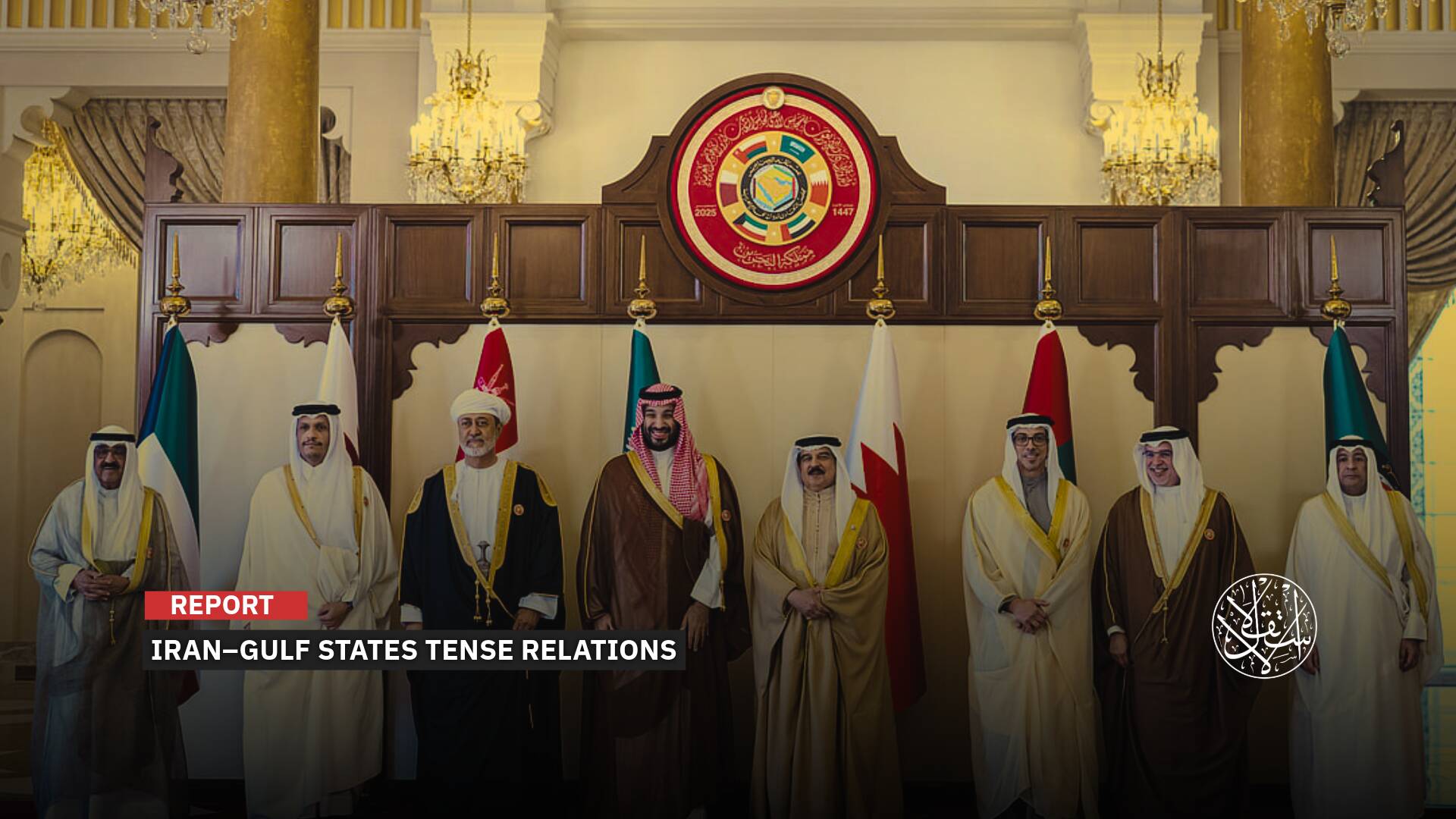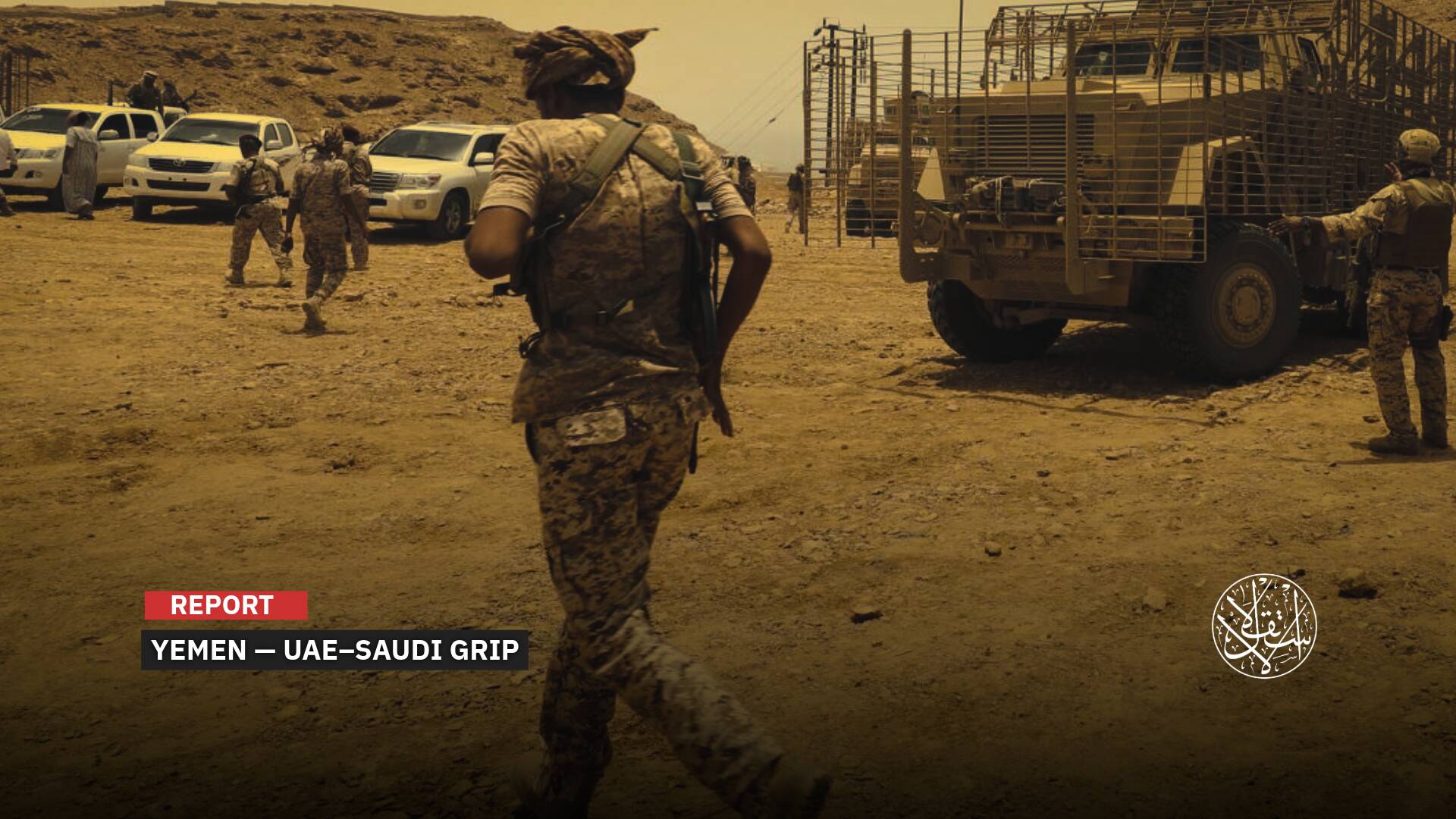What Is the Secret of the Outbreak of Anti-France Demonstrations in Three African Countries Simultaneously?

The repeated demonstrations against the French presence in some countries of the African Sahel herald a real revolution or a second wave of struggle against imperialism or Western colonialism.
This came after the youth of Mali demonstrated on May 14, 2022, to confirm their support for their country's army, whose leaders adopt a strategy that opposes French interests.
Hours later, the youth of Chad came out with a million for the same purpose, and Burkina Faso arranged a third demonstration for the same reason.
Hundreds of people took part in demonstrations against the French presence in Chad on May 15, under the slogan France is stealing the resources of our country, accusing Paris of supporting the ruling military council loyal to it.
The demonstrators chanted slogans, including “France is out and No to colonialism,” burned at least two of its flags, and vandalized several gas stations belonging to the French group Total.
French Colonialism
These massive anti-France demonstrations in Mali, Chad, and Burkina Faso mark the beginning of what might be called a second wave of the battle to get rid of Western colonialism in Africa.
Africans realize that this colonialism is not only military but also economic, financial, and cultural, and they seek to uproot it, to stop the French looting of their wealth, the erosion of their culture, and to control their political will via politicians and putschists loyal to it.
After colonialism, France sought to link the economies of its colonies with its economy by means of a currency called the French Franc (African Franc), which bases dependency on colonialism.
The French treasury asked African banks to deposit half of their cash reserves with them and to transfer capital from the franc zone to France and not the other way around, which led to mortgaging the monetary policy of these African countries and kept them subject to economic colonialism.
One of the paradoxes of the French position is that while Paris supports the military junta in Chad against the angry people, it is hostile to the popularly supported-Mali Council, and is fighting the people of Burkina Faso, who are demanding it to leave their country.
Paris supported the Military Council in Chad, which inherited power under the leadership of Mahamat, son of former President Idriss Deby, who was killed in battles with the rebels on April 19, 2021, and it allowed them to organize elections at any time they saw fit.
On the other hand, France, along with the European Union, imposed sanctions on the military council in Mali, because the ruler there is hostile to its hegemony, and rejects its control over the country's resources and the presence of its forces in his country.
This paradox led to growing feelings of anger against the French presence, and the emergence of demonstrations and confrontations in several African regions and countries, some of which demanded the withdrawal of French forces and an end to colonialism that drains their resources. At the same time, the people of Mali and Chad demonstrated against France.
Paris stood with the regime in Chad because it was loyal to it and suppressed the demonstrations of the people against France, while it took a position hostile to the rulers of Mali because they stood with the popular demands against colonialism.
The demonstrations of the peoples of Chad and Mali against France on May 14, 2022, were to denounce the French influence in the country and demand an end to the ongoing colonialism.
In Chad, they denounced France's support for the military council led by Mahamat Idriss Deby (Kaka), who assumed power after the assassination of his father, and in response to Paris' announcement of its intention to establish additional military bases for its forces in Chad.
They chanted, Chad is free and France is out, burned French flags, and attacked Total's gas stations, a symbol of the country's continuing French colonialism.
They also attacked a military base of the French forces in the east of the country, and the security of the pro-French military regime confronted them.
In Mali, they went out for the same purpose against France, and in support of the military council, because those who carried out the Mali coup on May 21, 2021, raised the slogan against the French presence in their country, took steps to reduce France's influence in the country, and expelled its ambassador and forces.
In conjunction with these popular demonstrations, Mali announced the thwarting of a coup attempt carried out by a small group of the army on the evening of May 11-12, 2022, accusing a Western country, in reference to France.
On May 02, 2022, Mali rescinded defense agreements signed with France and its European partners and denounced the flagrant violations of national sovereignty by the French forces in the country, and their many violations of Mali's airspace.
The parallels between the mass demonstrations in Chad and those that preceded the streets in Mali, Burkina Faso, and Central Africa clearly indicated the defeat of the French presence in those countries.
The demonstrators were not satisfied with chanting against France to leave their country, but they deliberately plotted against it by raising the flags of other countries such as Russia, as happened in Mali and Burkina Faso.
Following the May 2021 Mali coup that brought about a military council against French influence, thousands demonstrated with chants and slogans against France, calling for the withdrawal of its forces and for a Russian military intervention in their country, and raised Russian flags.
When the Burkina Faso uprising against the French presence began five months later, on November 22, 2021, the demonstrators chanted, We say to the French army: Go home, and also raised Russian flags.
The demonstrations were followed by a slap of a military coup on January 24, 2022, which further confused France and dealt another blow to it, which added to the popular rejection of it in those countries.
Causes of Anger
The coup of Burkina Faso, after Mali, was the fourth in the five African Sahel countries, which represented an intractable problem for Paris, because it found itself in front of four coup regimes led by military personnel who do not agree with its policies in the region.
Therefore, France was greatly disturbed by Chad's demonstrations against it on May 16, 2022, because the military council there is the only one that complies with it among the five military councils that govern the countries of the African Sahel (Burkina Faso, Chad, Mali, Mauritania, and Niger).
France feared that the financial scenario would be repeated in Chad, with the voices of the demonstrators calling for its expulsion from the latter country, and they also raised the flags of Russia in defiance of it.
Several recent facts have proven that France faces a dilemma in its relationship with its former African colonies, not only Mali, Burkina Faso, and Chad, but also Niger and Senegal.
These tensions in the relationship led to a clear increase in African anti-French sentiment, and because of it, popular and social movements against the French presence increased.
Hamdy Abdel Rahman, Professor of African Studies at Cairo University, lists five reasons for African anger against France, or what he calls the end of the French era in Africa, according to a study published on May 15 on the Qiraat Africa website.
The first of these reasons is the dilemma faced by the France Afrique Network, which was formed by former President Charles de Gaulle to maintain the French presence in the former colonies, as an African backyard.
Paris continued to adhere to an outdated vision regarding its African policy, which is based on blackmailing the continent, plundering its resources, and transferring it to France, forgetting that there are other international powers that emerged in Africa competing for control and influence, to which a number of African leaders began to turn.
The second reason is the retreat of French economic diplomacy promoted by former President Francois Hollande; Africa represents only 2.4 percent of French foreign trade, according to 2018 figures, compared to 35 percent after independence.
African economic relations began to flourish with other countries such as Germany, and problems arose between African countries and French companies, which led to the cancellation or seizure of the concessions of these companies, as happened in Gabon.
France's influence in maintaining its financial presence in the countries of the franc zone was also affected, even after the growing popular calls to get out of this system and implement the single currency in West Africa starting in 2027.
The third reason for the reversal of the African mood against France is the geopolitical reconfiguration of the continent.
The recent waves of coups in the Sahel and West Africa, which were linked to the economic crisis and the escalation of the terrorist tide, prompted Africans to turn to other international partners, according to Abdel Rahman.
The Ukrainian war and the transformations of international relations were a fourth reason for this turn in the African people's mood against France after the terms and content of the international agenda were radically changed.
Africa decided, by a large majority, not to choose to take sides with any western or eastern party or camp, as appeared from the trends of its countries voting in the United Nations, and the search for their interests.
Another fifth reason for this fall that France is witnessing in Africa is the militarization of French policy, which is due to the fact that Paris has been behaving with the continent with the same logic of the colonizer and military power.
This militarization created, in the area of the collective African subconscious, a rejection of France and its way of working, which explains the anger, demonstrations, and clashes with the French forces in Mali, Burkina Faso, and Chad.
Malian researcher Abdel Rahman Sibi adds a sixth reason for this African anger against France, which is the suspicion of African countries of France's involvement in supporting terrorist movements and armed militias in the African Sahel region with weapons under the pretext of maintaining its forces for fighting terrorism in those countries.
“The French financial relations have gone through a difficult stage and an escalation that they have not witnessed since January 1961, when the first President Modibo Keita expelled the French forces from the Republic of Mali, which was caused by the failure of those forces there to make any progress in the fight against terrorism,” he points out.
This happened despite the fact that France has been present in Mali since 2013, starting with Operation Serval, which lasted from 2013 until 2015, reaching Operation Barkhane and then Operation Takuba.
Mr. Sibi explained in a study on the Alifriqi website on March 29, 2022, that “with the passage of time the opinion of the financial street about the French presence changed, it began to be seen as a new occupation, and that it had no pure intention of fighting terrorism, despite France having great military capabilities.”
He also referred to the role of Paris in supporting separatist movements, as the French forces prevented the Malian army from entering the Kidal region, which was controlled by movements demanding secession from the central state.
















